As difcult as it was, the aftermath of the GFC followed a predictable patte...
2024-04-01 9 英文报告下载
After decades of rapid expansion of global supply chains, the last decade has seen a series of major shocks that disrupted their functioning. The China-US trade war, COVID-19 and the Russian invasion of Ukraine have all disrupted flows of goods across borders, leading business leaders and policymakers to question the wisdom of relying on the global network of supply chains. As a result, various policies have been enacted with the explicit goal of reshaping value chains, diversifying or outright reshoring supply chains. However, fundamental questions about the nature of these shocks remain. This paper revisits the effects of three shocks on the functioning of global supply chains. We first look at the disruption of the COVID-19 pandemic, then investigate the impact of the Russian invasion of Ukraine, before discussing the US-China trade dispute and the ensuing ‘technological cold war’. The aim is to identify lessons about how policies can adapt to prevent disruption and to mitigate the effect of future shocks. We are interested both in the magnitude of shocks as well as their lasting effects. In the cases of the pandemic and the Russian invasion of Ukraine, the magnitude of the shock was very high, but dissipated relatively quickly. On the other hand, the US-China trade war has been a protracted shift in global trade, with enormous ramifications for supply chains and citizens. While the length of a shock determines whether the economic damage is enduring, even a short shock can create significant political-economy problems. This means, that even if long-term growth trends are not disrupted for extended periods, the upheaval caused by sudden large shock might still warrant the costs of mitigation measures.

标签: 英文报告下载
相关文章
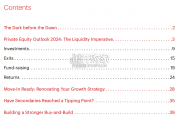
As difcult as it was, the aftermath of the GFC followed a predictable patte...
2024-04-01 9 英文报告下载
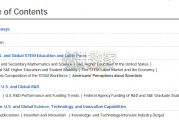
The National Science Board (Board, NSB is required under the Nationa...
2024-03-29 14 英文报告下载
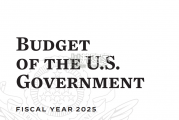
Budget of the United States Government, Fiscal Year 2025 contains the Budge...
2024-03-28 21 英文报告下载
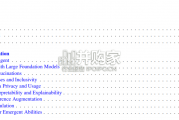
Multi-modal AI systems will likely become a ubiquitous presence in our ever...
2024-03-27 25 英文报告下载
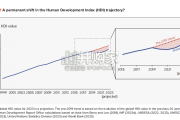
We must do better than a world always on the brink, a socioecological...
2024-03-26 32 英文报告下载
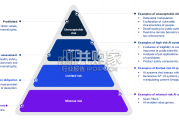
The proposed AI Act is expected to reshape how we think about and man...
2024-03-25 31 英文报告下载
最新留言